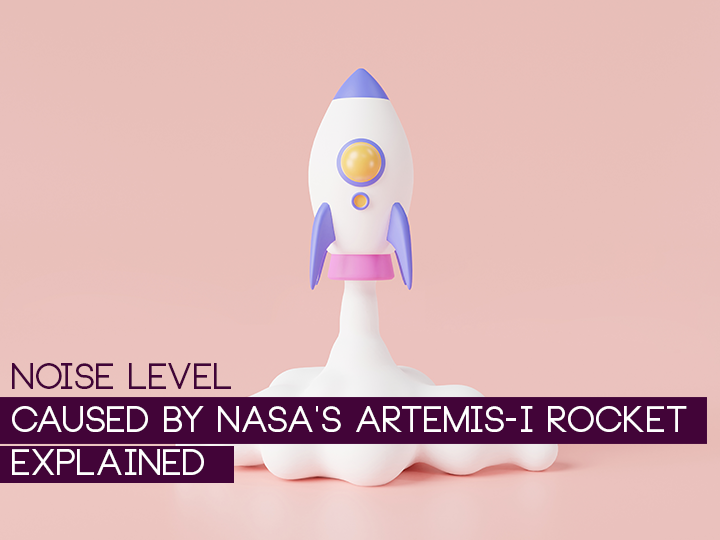
Noise level caused by NASA's Artemis-I rocket explained
They measured the noise levels caused by NASA's giant Artemis-I rocket, launched in November 2022, during this launch.
When the Artemis-I was launched in November 2022, marking a new era for missions to the Moon and beyond, it was recorded as one of the most powerful rockets in the world, as well as the loudest. Even if you were standing 5 kilometers away from the launch pad, the enormous sounds of the huge rocket could be heard.
Scientists at Brigham Young University and Rollins College in Florida recently reported noise measurements collected during the Artemis-I launch at different locations around the Kennedy Space Center in Florida.
They found that the noise level reached 136 decibels, slightly higher than a concert 1.5 kilometers from the launch pad. Even at a distance of 5.2 kilometers, the noise was 129 decibels, which means it's almost on par with the sound of a large drill.
"We found that the noise level of Artemis-I at 5 km had a crunch quality that was approximately 40 million times higher than a bowl of rice cereal [Rice Krispies]," said Whitney Coyle, the study's author and Assistant Professor of Physics at Rollins College.
The thrust of the Artemis-I rocket launch outpaced the previous record holder, the Saturn V, which took humans to the Moon in the 1960s and 70s by 13 percent. The rocket, called the Space Launch System, has a height of 111 meters, a diameter of 8.4 meters and a thrust equivalent to 14 jumbo jets. It also has an enormous noise level, as this study shows.
"We hope these early results will help prevent the spread of possible misinformation, as with Saturn V," said Kent Gee, Head of Physics and Astronomy at Brigham Young University. Numerous websites and discussion forums suggested the volume was too high, with false reports of
The study was published in JASA Express Letters.
